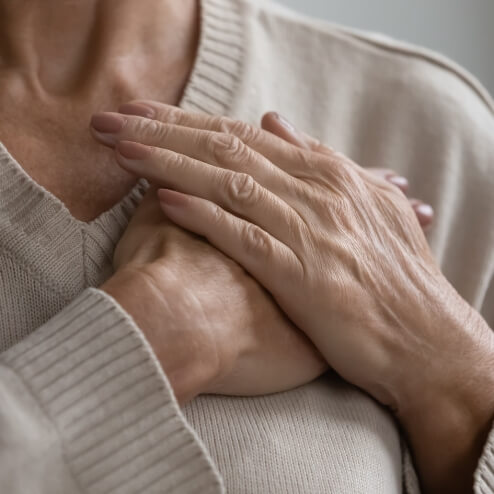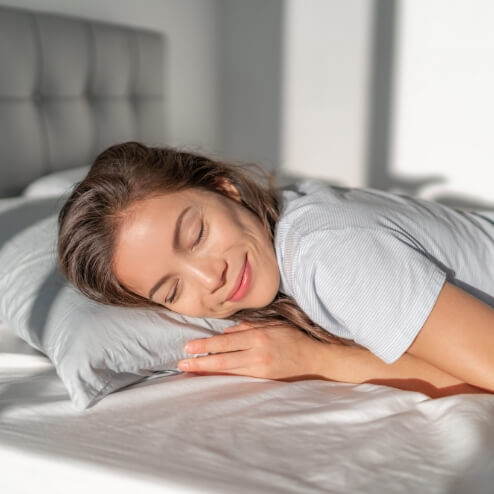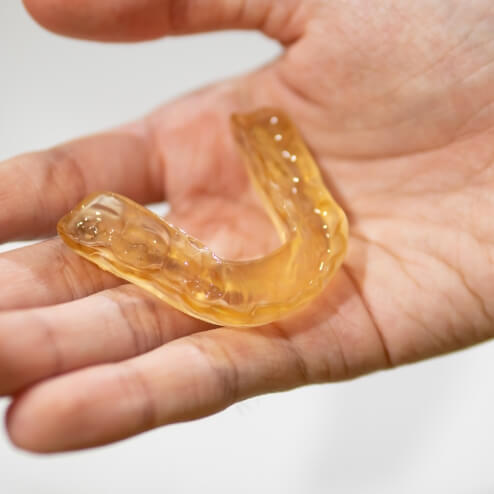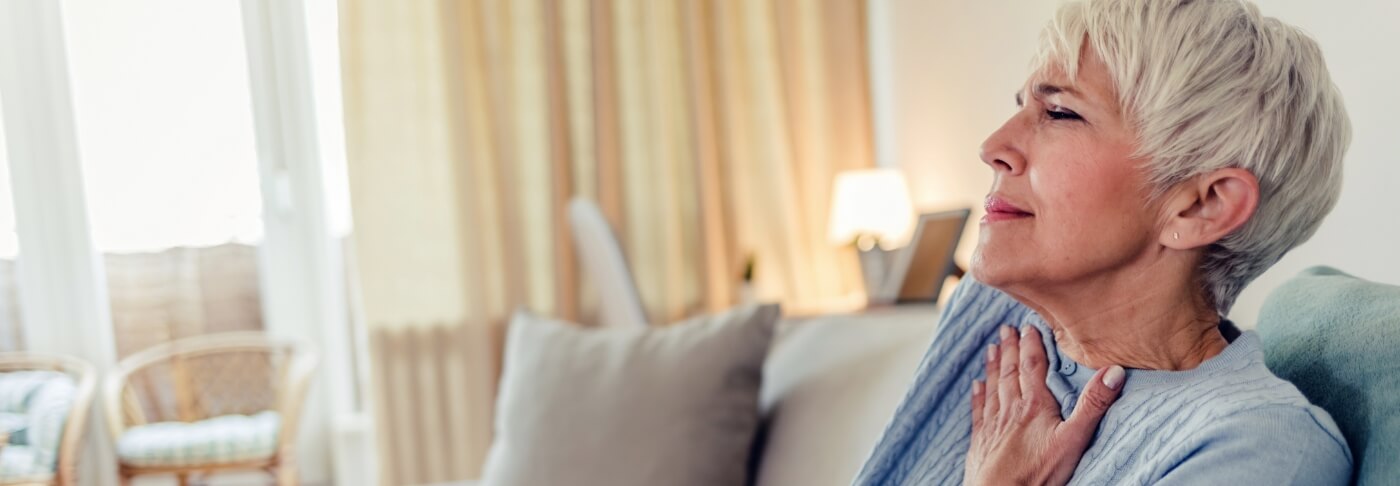Sleep Apnea & Cardiovascular Disease – Plano, TX
How a Sleep Disorder Can Affect Your Heart
Sleep apnea is a chronic condition that causes a person’s breathing to be interrupted during sleep. There are two types of sleep apnea: obstructive sleep apnea occurs when the airway becomes blocked, and central sleep apnea is a neurological condition in which the brain doesn’t send the signals that your muscles need to control breathing. Although obstructive apnea is more common, both types of sleep apnea can have serious health consequences.
According to recent research, sleep apnea dramatically increases the risk of cardiovascular disease, high blood pressure, and stroke. Keep reading or call to schedule an appointment to learn more about the relationship between sleep apnea and cardiovascular disease as well as the importance of receiving an accurate diagnosis and planning treatment for both conditions.
Why Choose Sleep Rehab for Sleep Apnea Treatment?
- High-Quality Oral Appliances
- A Team That Cares
- CareCredit Financing Available
The Link Between Sleep Apnea and Cardiovascular Disease

When sleep apnea occurs and a person’s breathing stops—even momentarily—blood pressure increases and the oxygen level in your blood falls. The brain is consequently alerted and sends a message through the nervous system telling blood vessels to constrict to increase the flow of oxygen to the heart and brain. The trouble is that what happens at night tends to continue during the day, even though you may be breathing normally.
How Can You Improve Your Sleep and Protect Your Heart?

To stop this cycle of high blood pressure and low oxygen levels, Dr. Keane Fedosky and the team at Sleep Rehab treat sleep apnea with top-of-the-line and FDA-approved oral appliances. We use two brands of appliances: the Herbst by Gergens Lab and The Narval by ResMed. Both appliances work by repositioning the jaw so that the airway doesn’t collapse while you’re asleep. Evidence shows if sleep apnea is treated using an oral appliance, blood pressure is lowered at night and during the day.
How Does Treatment Work?

We can only move forward with treatment after you have completed a sleep test. Oftentimes, we may be able to help you get your disorder under control with oral appliance therapy. This simply involves wearing a customized appliance that helps you breathe easier at night. Over time, you should see a significant improvement in your symptoms. Reach out to our practice to learn more about oral appliance therapy.

